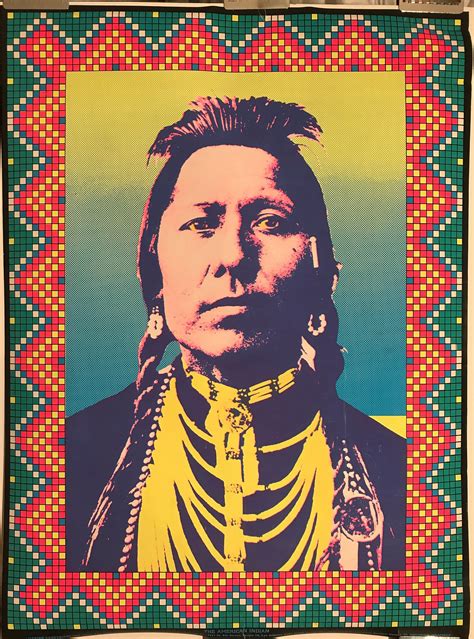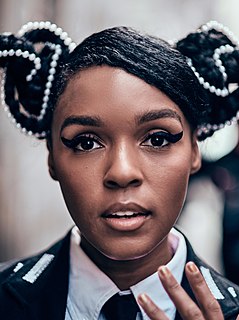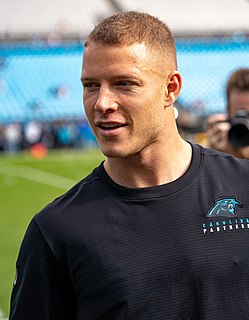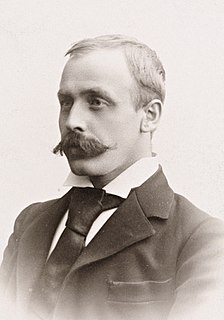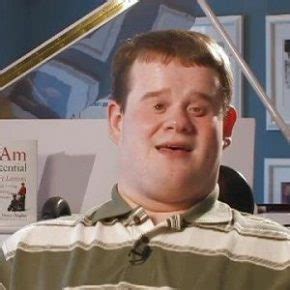A Quote by Jennifer Lopez
I don't look at people and see color and race. I see inside.
Related Quotes
I don't see people. I don't see men and women at all. When I see them, I see... their mothers and fathers. I see how old they are inside. Like when I look at the president, or anybody in a record company, or a store owner, I may see a little boy behind the counter with the face of an old man. And that's who I talk to.
When I say: "I'm looking at you, I can see you", that means: "I can see you because I can't see what is behind you: I see you through the frame I am drawing. I can't see inside you". If I could see you from beneath or from behind, I would be God. I can see you because my back and my sides are blind. One can't even imagine what it would be like to see inside people.
People approach people of color with preconceived ideas. I don't think this is just restricted to white people, but I think that lots of black and white artists, when race is a subject matter, they put race or the ideology around race first. They don't see the person and the complications of the human being.
Munch writes poetry with color. He has taught himself to see the full potential of color in art His use of color is above all lyrical. He feels color and he reveals his feelings through colors; he does not see them in isolation. He does not just see yellow, red and blue and violet; he sees sorrow and screaming and melancholy and decay.
When I see a face, I see a face in general and I see you are curious, I see the curiosity but I don't not look after a dermatological report of your cheeks, and that's what you see when you're too high-resolution. And now desperately in post-production, in color grading, they are trying to wipe out the precision of the dermatological report.
When people see my makeup, they think all types of crazy things that I'm doing to my skin, but it's makeup. It's the weirdest thing. They'll see contouring and think you had surgery on your nose. No. No. No. Look at 'RuPaul's Drag Race' and you'll see... you can make your nose look... what ever shape you want it.





